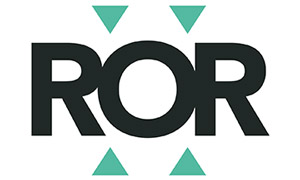Implicaciones éticas e impacto de la inteligencia artificial en la toma de decisiones en los lugares de trabajo canadienses
Palabras clave:
Toma de decisiones éticas, Inteligencia artificial (IA), Lugares de trabajo canadienses, Comportamiento organizacional, LiderazgoResumen
Este artículo examina las implicaciones éticas y el impacto en la toma de decisiones de la inteligencia artificial (IA) en las empresas canadienses. El propósito investigativo se centra en analizar cómo la creciente adopción de la IA, si bien ofrece beneficios como mayor eficiencia, mejora en la toma de decisiones y reducción de sesgos humanos, también plantea dilemas éticos relacionados con sesgos algorítmicos, problemas de responsabilidad, riesgos para la privacidad y falta de transparencia. Metodológicamente, se empleó una investigación cualitativa que combina la revisión de la literatura académica existente con el análisis de casos prácticos de implementación de la IA en organizaciones canadienses. Los hallazgos revelan que la IA mejora la productividad y la eficacia operativa, pero subrayan la necesidad de establecer marcos éticos y mantener la supervisión humana para mitigar riesgos como resultados sesgados y la erosión de la confianza. En conclusión, el estudio destaca la importancia de un enfoque equilibrado donde la tecnología complemente la toma de decisiones humana, así como la evaluación continua, el respaldo regulatorio y las políticas transparentes para asegurar un entorno laboral justo y responsable en la era de la IA.

















